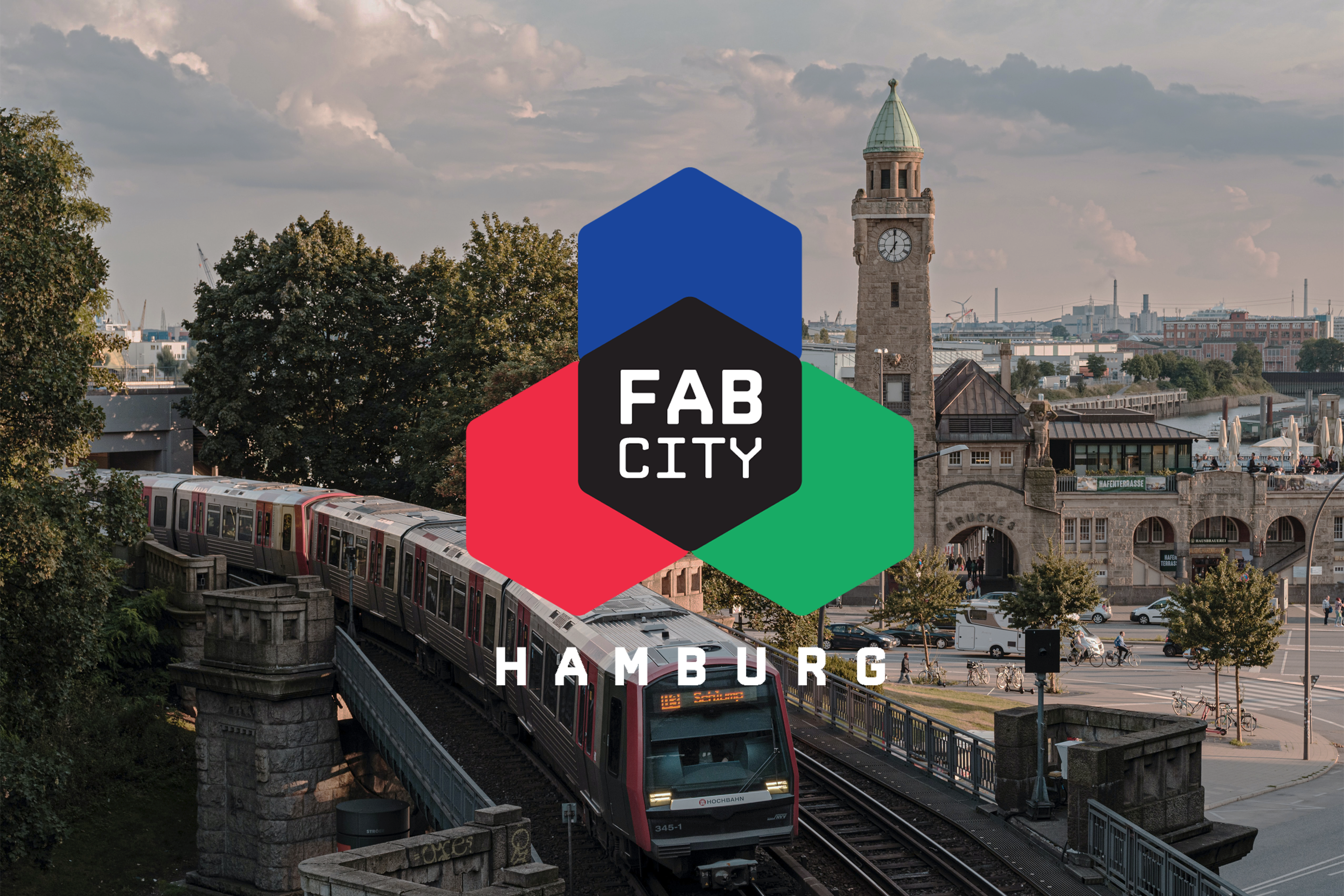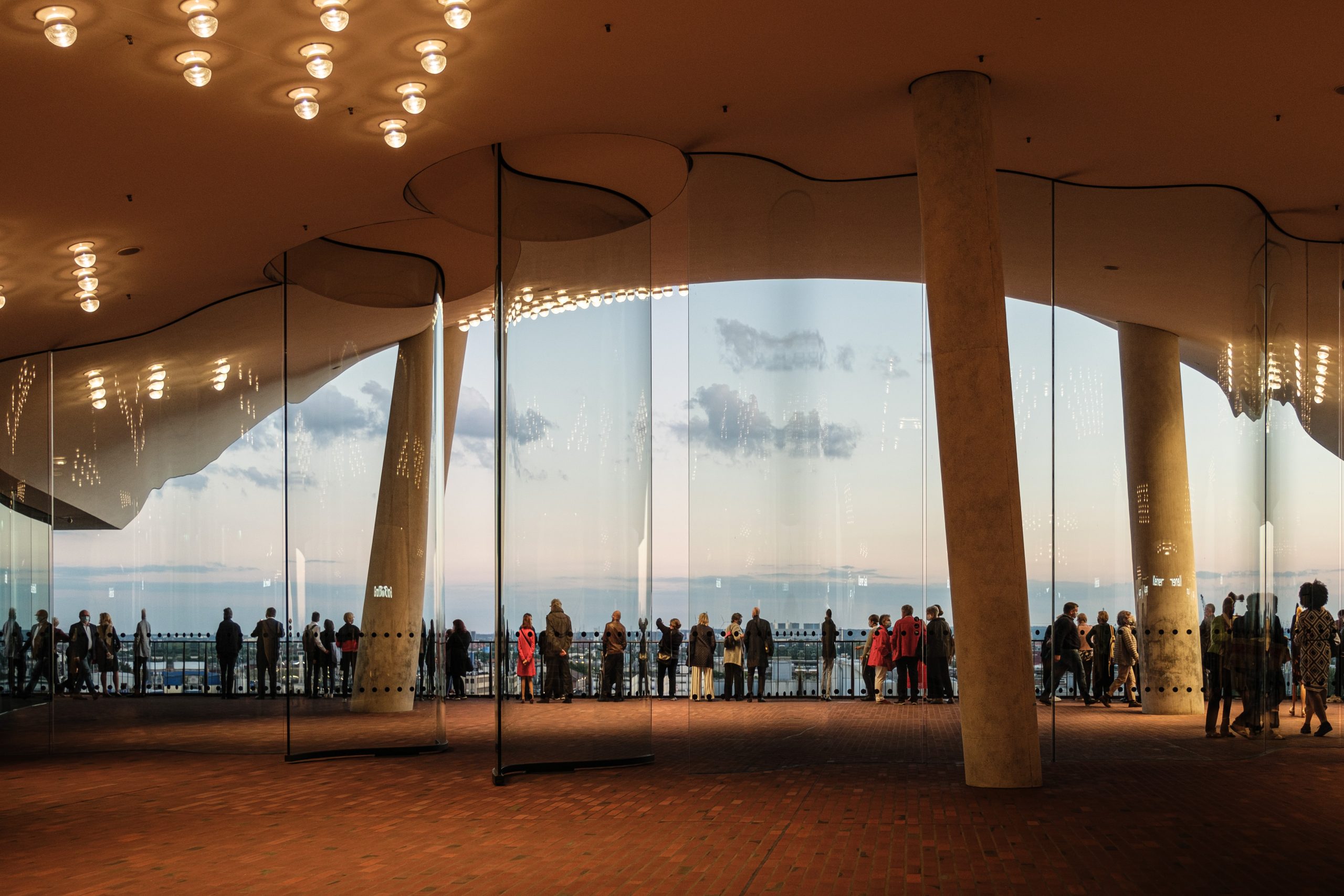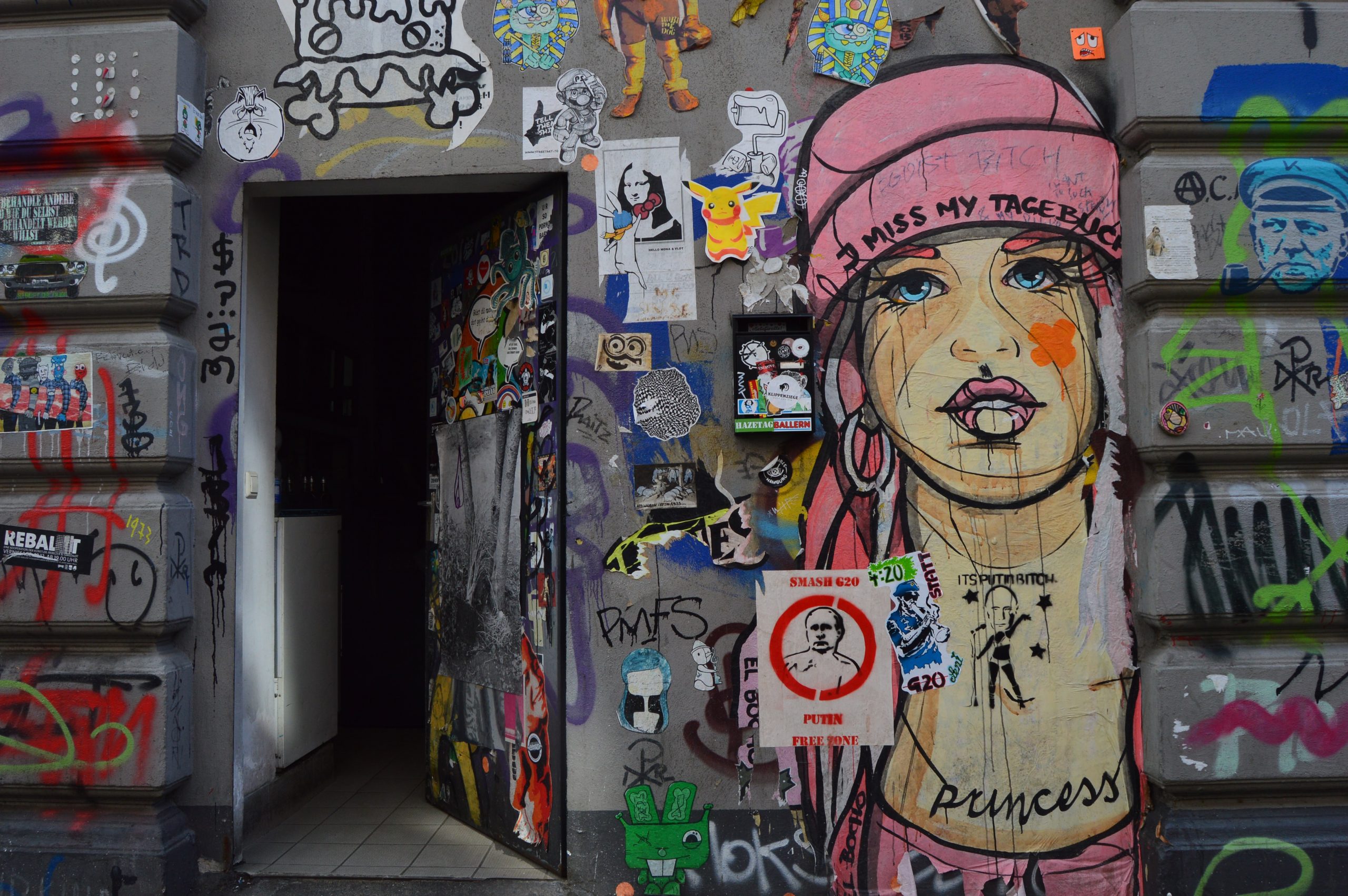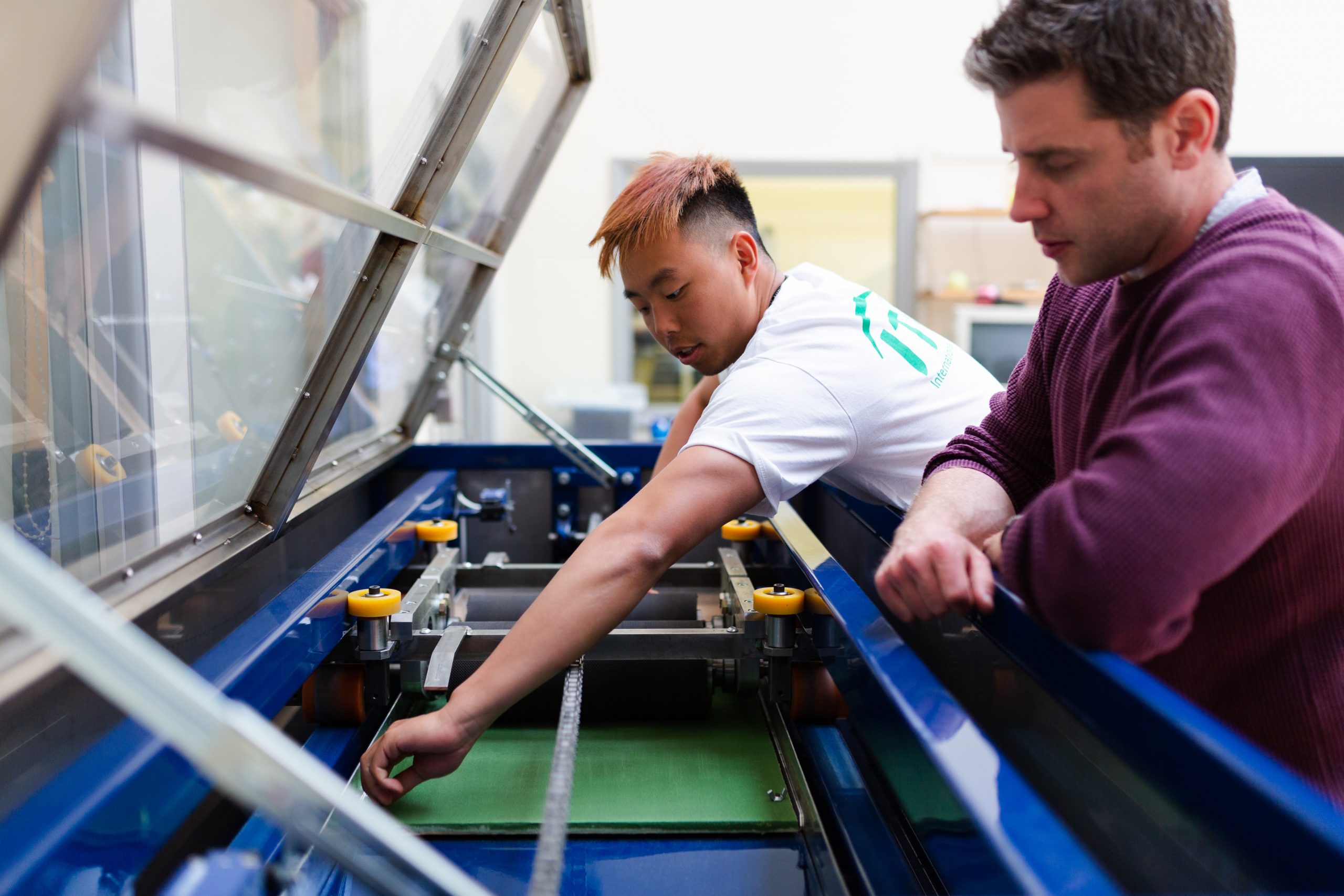The potential of the Hanseatic city
The Hamburg metropolitan region has great potential to play a pioneering role on the way to a participatory circular economy through cooperation between representatives from politics, business, and science with companies, associations, and citizens in the global Fab City city network.
The communities in the Hanseatic city and the metropolitan region – Fab labs, repair cafés, innovation hubs, neighborhood initiatives, civic associations, schools, educational institutions, and crowds – are connected and, wherever possible, linked with actors from politics and business.
Hamburg is the first
Fab City in Germany
In addition to local networking, being embedded in the global Fab City network also enables the company to connect with the international community, for example at the annual Fab City Summit.
The current projects of the New Production Institute are promising and have a perceptible effect: city dwellers have the opportunity to experience social inclusion and participation in value creation and thus create increased cooperation in and for Hamburg. The projects also aim to strengthen group cohesion among participants.
The Fab City Hamburg, with a rapidly growing startup and maker scene and an up-and-coming creative industry, is a particular focus of the activities here.


Understand networks
The analysis of urban conditions, existing actor constellations, and knowledge networks as a starting point (e.g. in the form of network analysis) is decisive here.
On this basis, local needs (bottom-up initiatives) can be reconciled with strategic and political objectives of spatial planning and urban and economic development.

Measure urban potential
The New Production Institute can make an important contribution to linking proximity to citizens and industry orientation. The communities should be brought into contact with technological problems up to questions of industrial production (through Open Labs) and be involved in finding solutions.
For this purpose, it is necessary to analyze technical requirements, regional framework conditions, and relevant socio-economic success factors with the help of user surveys and field studies, as well as to investigate the effects of establishing Open Labs in the city as a measure of collaborative value creation.
Determine requirements
A requirement and potential analysis of the means of production is carried out, as well as the determination of requirements in relation to the digital platforms that are being investigated as part of the “Interfacer” project. The aim of this project is a socio-technical requirements catalog.
Due to its local, national, and international network as well as extensive project experience in inter- and transdisciplinary contexts, the New Production Institute is a strong partner and mediator for industry, science, politics, and civil society.
Encourage Citizen Innovation
Through various collaborative open innovation and co-creation formats (e.g. idea competitions, hackathons and build workshops), all interested parties are invited and supported to contribute their own ideas for physical products, either locally in one of the Fab Labs or via the Citizen Innovation Platform, and to develop them further – regardless of whether it is a hobby project or a start-up idea – together with the experts on site, from design prototypes to small series.
The New Production Institute accompanies and investigates these formats with different methods from the social and economic sciences in order to explore how as many people as possible can be involved in local innovation and value creation processes at a low threshold.
Evaluate ideas collaboratively
In order to involve as many people as possible in the solution of local problems as well as in the evaluation and decision-making process regarding the potential and relevance of product ideas, collaborative and participatory crowd voting mechanisms are being developed and tested so that as many knowledge carriers and (potential) users as possible can have a voice and thus influence local value creation.
In concrete terms, the aim here is to investigate how decisions can be made jointly so that the highest possible level of participation and thus a high level of acceptance and user preference can be ensured.
In June 2019, the Free and Hanseatic City of Hamburg became the first German city to join the global Fab Cities initiative, which already includes 34 cities or regions worldwide.
Their goal: the sustainable city of the future that can produce (almost) everything it needs itself. The city will become a data-based circular economy with a digitally networked manufacturing infrastructure in which as many residents as possible participate and become producers themselves.
In 2054, this process should be so advanced that Fab Cities only import and export data. In order to advance and realize this vision, Hamburg’s Fab City community of Fab Labs, Makerspaces, workshops, innovative start-ups, and research institutions institutionalized itself in the association Fab City Hamburg e.V. in October 2020.




